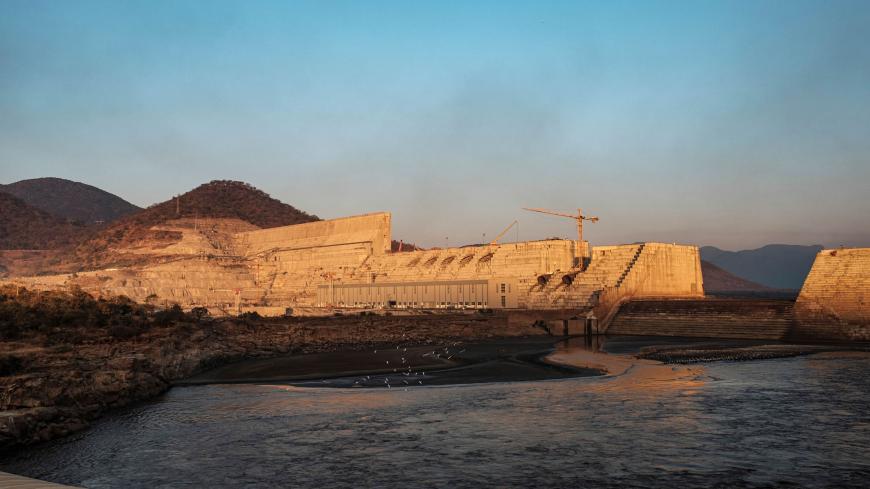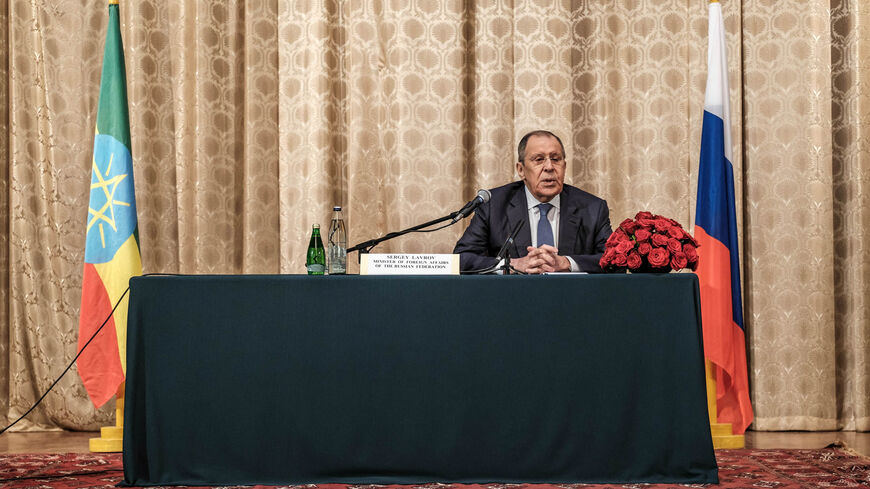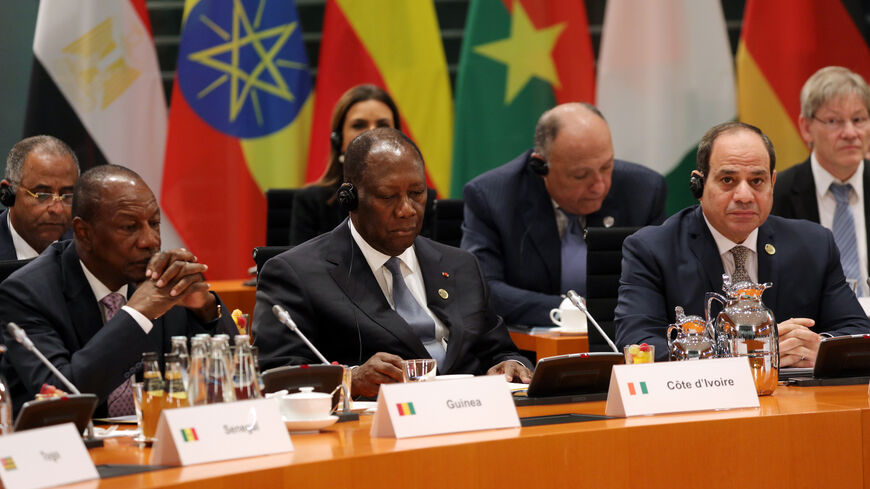
What Bibi's Africa visit means for Egypt-Ethiopia dam dispute
Subscribe for less than $9/month to access this story and all Al-Monitor reporting.
OR
Create an account for a 7-day trial to access this article and all of AL-Monitor.
By entering your email, you agree to receive ALM's daily newsletter and occasional marketing messages.















